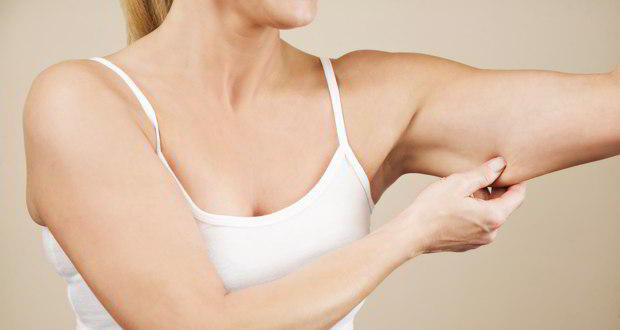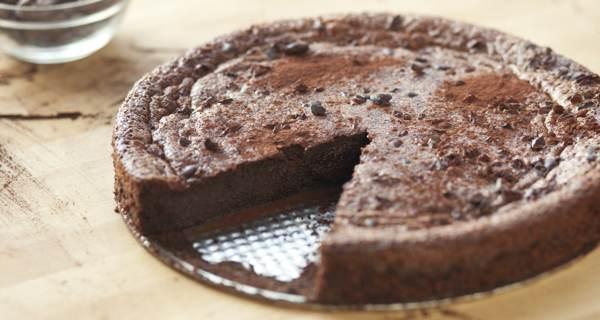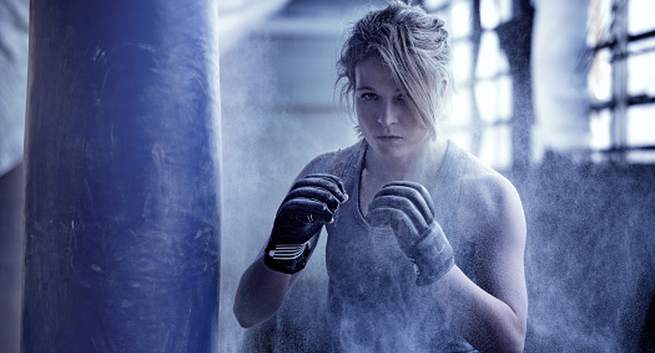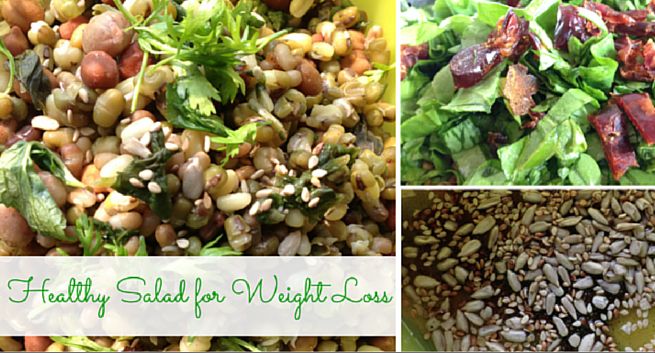Why drinking alcohol is bad for your weight loss regime

Drinking alcohol can significantly hinder your weight loss efforts. Even if you are drinking in moderation, you are likely to put on weight with regular intake. This is because alcohol contains a high amount of calories. One pint of beer contains as many calories as three chocolate biscuits while two glasses of wine equal one glazed doughnut. The World Cancer Research Fund says forgetting the calories in booze is one of the top reasons for diet failure and cutting down on drinks could help people lose weight. Being overweight, the report claims is the biggest cancer risk factor after smoking and even one pint of beer a day can increase person’s risk of liver and bowel cancer. Along with being having no nutritional value, alcoholic beverages tend to lower your inhibitions making you eat more and unhealthier than you intend to. Cutting down on drinking can have a big effect on weight loss or maintaining a healthy weight. You can follow this weight loss diet by expert dietician for effective weight loss.
First why you got to stop boozing if you want to lose weight
- It has way more calories than you think: 30 ml of whisky (one small peg) has about 111 calories! One small peg of vodka has 55 calories while one bottle of light beer (650ml) has 208 calories. To put in context 100 g of chicken breast has 116 calories and one McChicken with cheese has 460 calories. While they don’t contain as many calories as junk food they definitely add to the count. Find the calorie counts of different kinds of alcoholic drinks here.
Drink Calories* Whiskey (30ml) 111 Vodka (30 ml) 55 Beer (650ml) 208 Wine (120ml) 89
*Source: weightlossresources.co.uk
- It is digested differently: When we drink, the body sees alcohol as a toxic substance and attempts to get rid of it. It converts the alcohol into alcohol dehydrogenase which eventually changes to aldehydes. All these substances are toxic to the body. The body then tries to get rid of these compounds up by burning them as fuel for the body’s activities. This means your body will significantly reduce fat-burning to about 75% of its normal capacity after just one and a half drinks. It will also stop using carbs as energy which is why after a few drinks your body tends to accumulate more weight. Also, avoid these difficult to digest foods if you have digestion problem.
- It is a diuretic: Which means it causes water loss and dehydration. Along with water, you lose important minerals, such as magnesium, potassium, calcium and zinc – all of them vital to maintaining your normal bodily functions including metabolism. Read the 1o health risks of dehydration.
- Alcohol affects your body in other negative ways: Drinking may help you sleep, but it will be unnatural sleep which will leave you restless and tired the next day. It also tends to trigger greater craving for calorie-rich foods the next day. It also increases the amount of acid that your stomach produces, causing the stomach lining to become inflamed. Over time, it will cause stomach ulcers, liver and heart disease. Read how alcohol can damage your lungs.
- It lowers your inhibitions: Drinking seriously affects our drinking and those tasty crispy appetisers are certainly going to add to your curves. To top it up alcohol is also stimulates your appetite. Research shows that drinking during or before a meal, reduces both inhibition and will power. In that state you are more likely to overeat, especially fried and fatty foods. Here are the types of alcohol that give you the worst hangovers.
- The colas and juices that are part of a cocktail add to the calorie content. Instead, you could try adding water, diet soda or club soda. Here are 8 ways sodas and colas harm you.
Cheater tips to drink and not gain weight
There will bet times when you simply can’t say no to the drink – it could be an office party or your best friend’s wedding. Here are some tips which will help you navigate the bar and keep your calorie intake to a minimum:
- Stick to a standard number of drinks: Men should not regularly drink more than 3-4 units of alcohol a day; women should not regularly drink more than 2-3 units a day.
- Get hydrated: Have a glass of water after every drink; this will help prevent dehydration.
- Don’t drink on an empty stomach: Ideally you should eat a healthy meal before you start to drink, but if you do decide to have snacks while you drink, try to opt for some of the healthier options available. You could opt for salted peanuts instead of the standard chips or fries.
- Don’t compete: If your friend challenges you to a drinking match, opt out. Stick to your own pace.
- Get some support: Try to get your friends to cut down on the number of drinks, you will be more successful in cutting down if you have moral support.
- Pace yourself: Take smaller sips, so as to maintain a regular pace. This method ensures you drink lesser and are not pressured into drinking as fast as your friends.
- Avoid ‘binge drinking’: If you don’t drink all week, the weekend should not be an excuse to make up for time lost. Remember it is still one day and your body can take only that much. Avoid the bottoms ups and drinking games. Drink like a civilised person.
- Don’t go neat: Avoid having neat drinks. Instead, you can add some soda or water which will increase the quantity of the drink.
All said and done, it is better if you avoid drinking all together while on a strict exercise or weight loss regime. Boozing has no place in a healthy individual’s lifestyle.
For more articles on weight loss, visit our weight loss section. For daily free health tips, sign up for our newsletter.
-
Here’s the secret to Bipasha’s sexy, toned back!
Word
-
Can having sex lead to weight loss?
For
-
Fitness Plan Day #167– Eat a bowl of salad for lunch to lose weight
-
8 facts about anorexia, the weight loss obsession
-
When It’s Time to Lose Weight
You can’t play catch with your child because you get toowinded. You wa
-
Healthy recipes: Pear Salad
- DON'T MISS
- Fitness Plan Day #134: Jump ropes to lose weight the fun way!
- Running vs. Cycling — Which is better for weight loss?
- Believe it or not — coconut oil can ACTUALLY help you lose weight and burn fat!
- Here’s why you should NOT replace your meals with green juices and smoothies
- Why Can’t I Lose Weight?
- Oil, cheese and other fats you SHOULD eat when trying to lose weight!
- Lose weight before Christmas with these food habits
- Lemon and its health benefits
- Weight loss tips for busy, working professionals
- How long should you run to lose weight?




